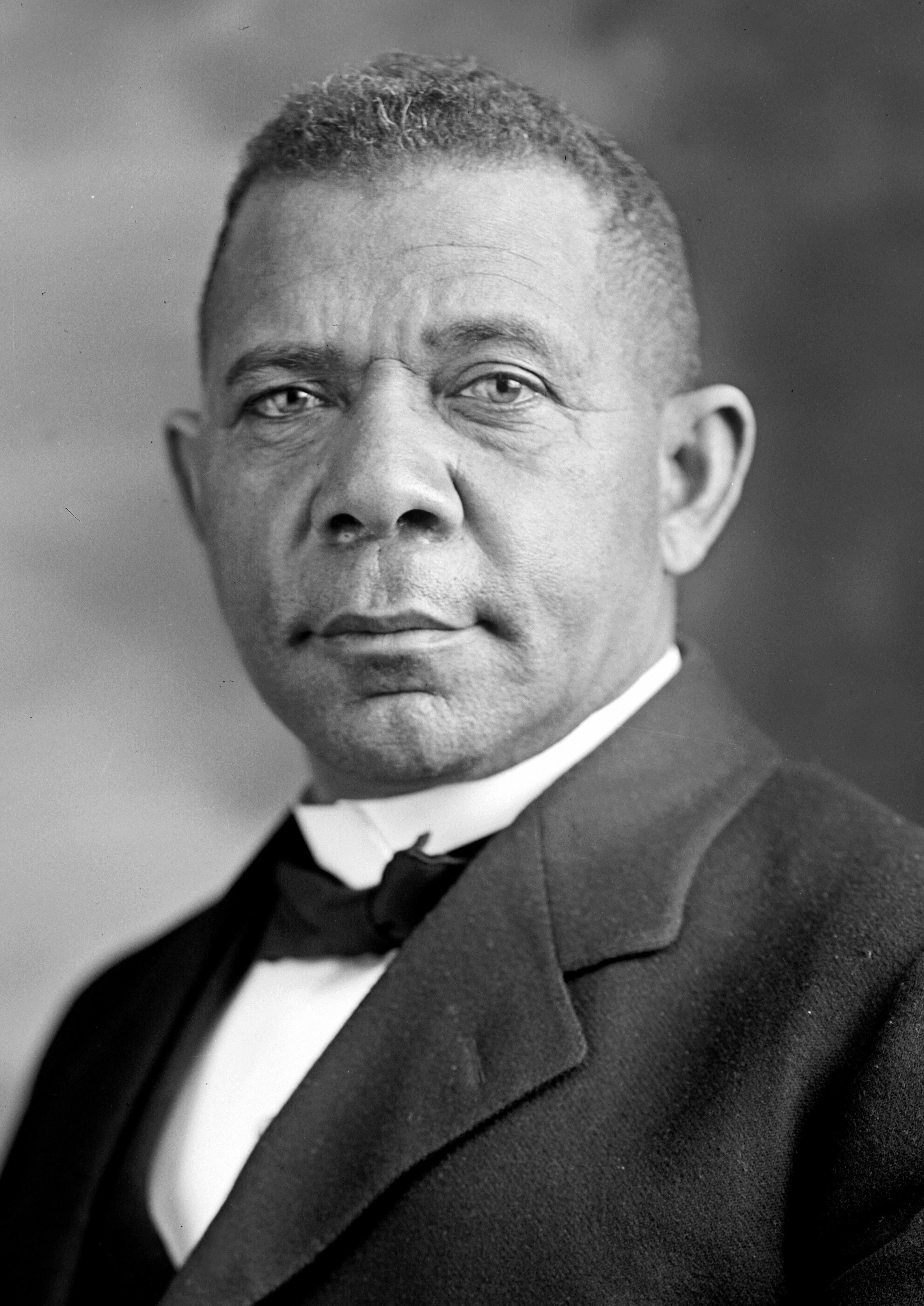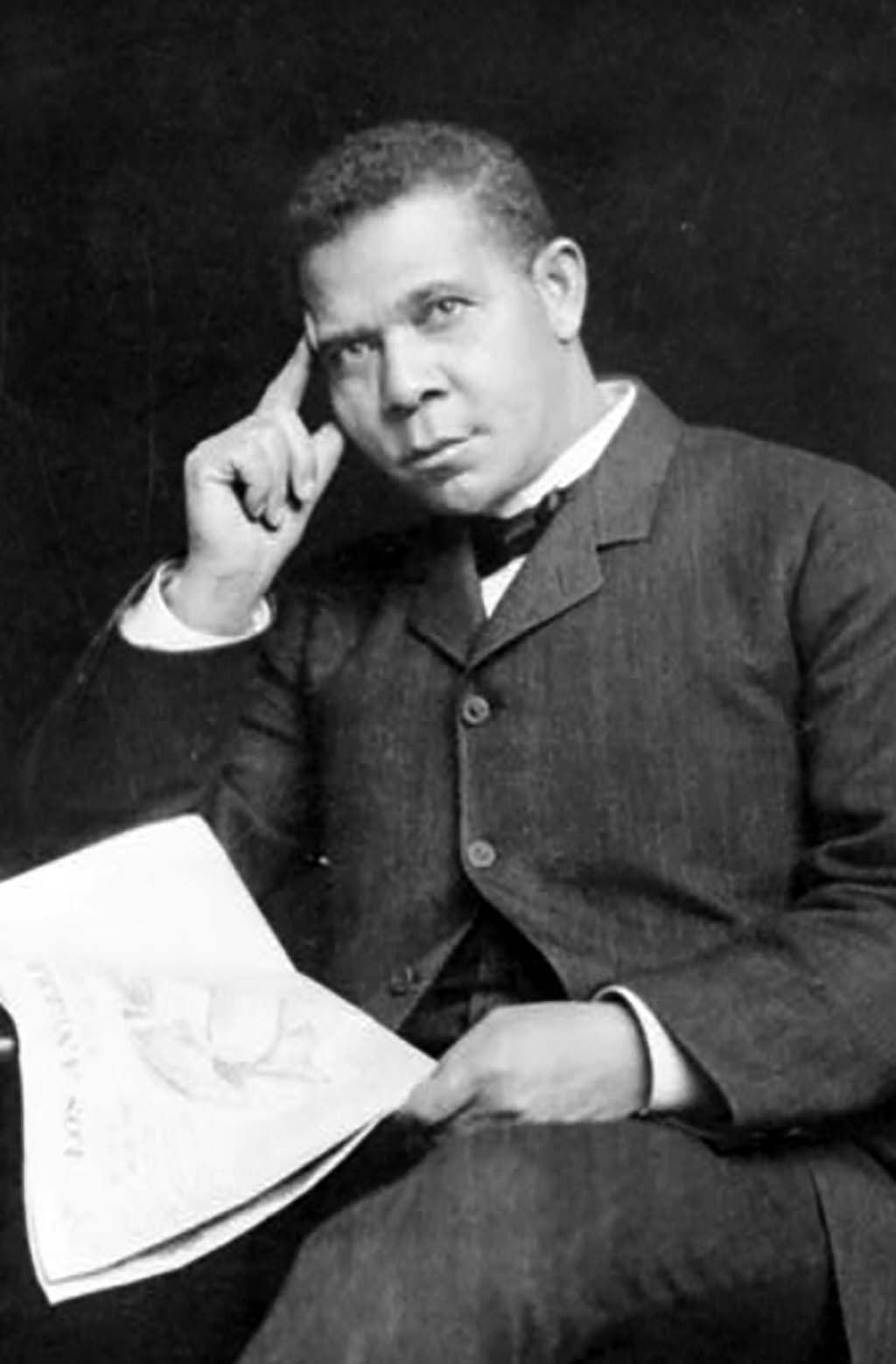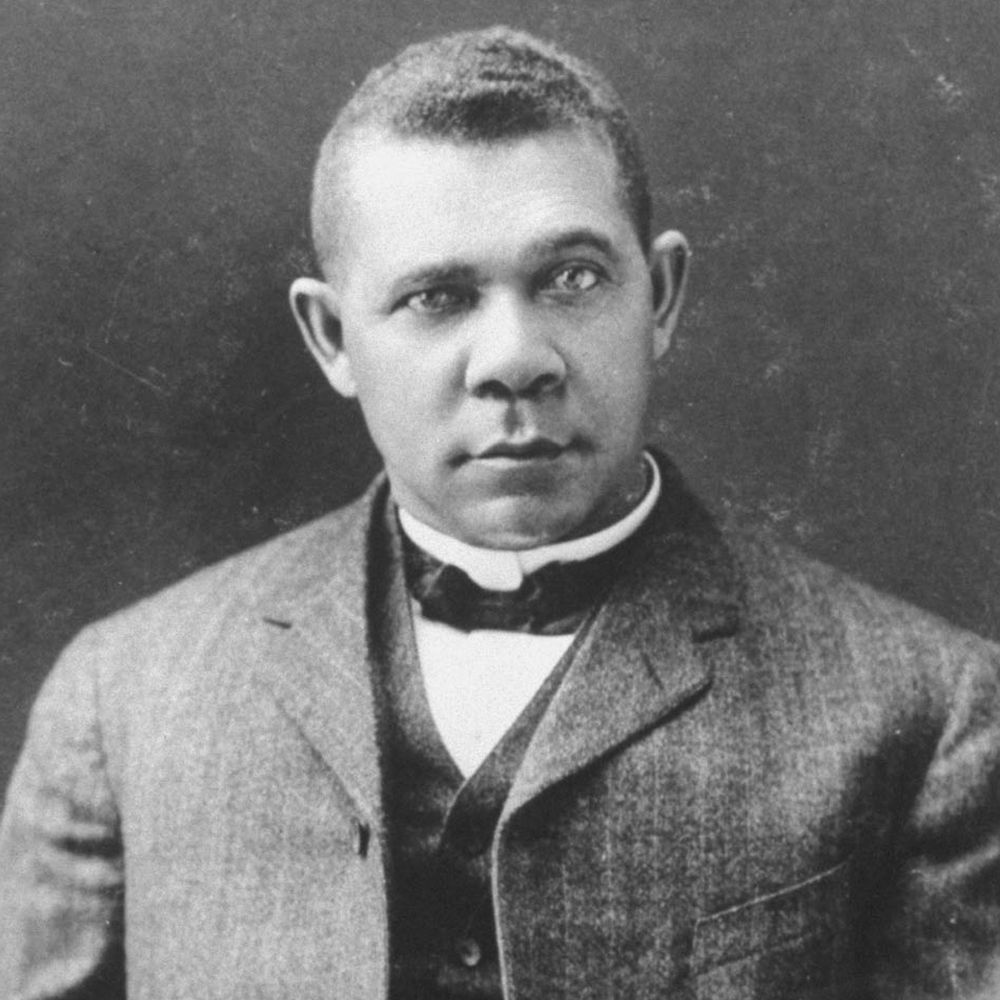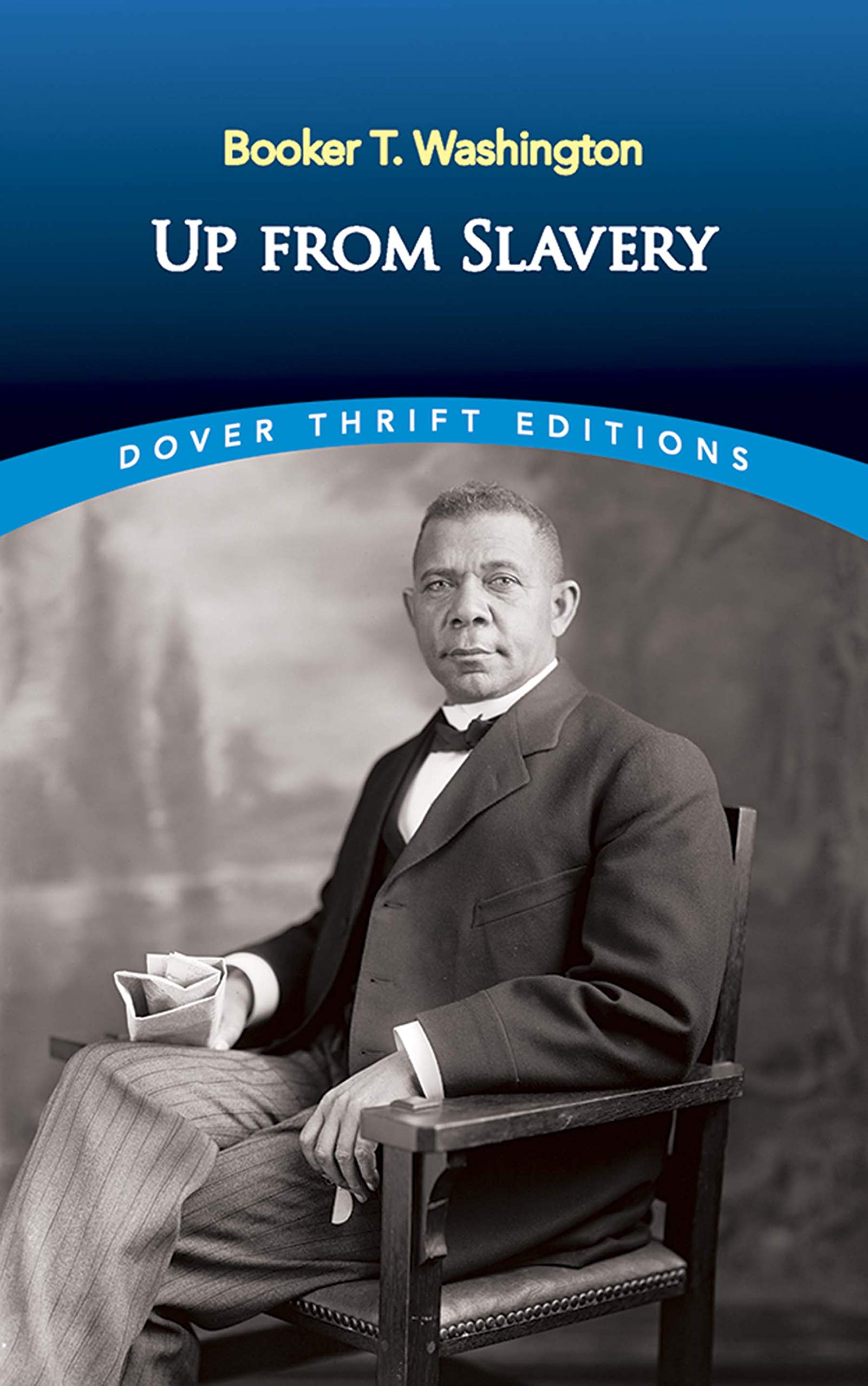
When we reflect on the rich and complex history of African American education and empowerment, one figure emerges as particularly significant: **Booker T. Washington**. Born into the harsh realities of slavery, Washington’s journey is a remarkable testament to resilience and determination. He emerged as a prominent advocate for the rights and education of Black Americans during a crucial period in United States history, a time marked by both immense challenges and opportunities for progress. Washington’s philosophies emphasized vocational training and self-help as essential pathways to uplift the African American community. His establishment of the Tuskegee Institute became a cornerstone for Black education, providing countless individuals with the skills necessary for economic independence. Washington’s influence extended beyond education; he played a vital role in shaping the discourse around civil rights, advocating for a pragmatic approach to racial uplift. His legacy continues to resonate today, reminding us of the importance of education and empowerment in the ongoing struggle for equality and justice. Let us explore the intricacies of his life, the core tenets of his beliefs, and the enduring impact he has had on both education and civil rights in America.
Early Life: From Slavery to Education

The Beginnings
Booker T. Washington entered the world on April 5, 1856, in the rural setting of Franklin County, Virginia. His early life was fraught with challenges, as he was born into a family enslaved in the harsh realities of the antebellum South. Following the conclusion of the Civil War, Washington’s family made the difficult decision to relocate to Malden, West Virginia, in search of better opportunities. However, they were met with the relentless grip of poverty, which cast a long shadow over their daily existence and aspirations.
Determination to Learn
Despite the overwhelming obstacles that life presented, Washington possessed an unwavering determination to pursue an education. At the tender age of nine, he took on various jobs, including working in a salt furnace and later in a coal mine, all in an effort to help support his family. His quest for knowledge took a pivotal turn in 1872 when he enrolled at the prestigious Hampton Normal and Agricultural Institute in Virginia. To finance his education, Washington took on the role of a janitor, tirelessly cleaning the school facilities to earn his tuition. This remarkable dedication to his studies and his willingness to work hard exemplified his commitment to overcoming the barriers that stood in his way.
Tuskegee Normal and Industrial Institute

### Founding the Institute
In the year **1881**, Booker T. Washington was appointed to spearhead the establishment of a new educational institution aimed specifically at African Americans in Tuskegee, Alabama. At the outset, the school was modest, consisting of only a few small buildings and limited resources. However, through Washington’s visionary leadership and unwavering commitment, the **Tuskegee Normal and Industrial Institute** blossomed into a significant center for Black education, symbolizing hope and opportunity. By the time of Washington’s passing in **1915**, the institute had grown remarkably, serving over **1,500 students** and employing nearly **200 faculty members**, thereby solidifying its status as a cornerstone of educational advancement for African Americans.
### Philosophy of Education
Washington held a firm belief in the transformative power of practical education. He placed a strong emphasis on the necessity of **vocational training** and manual trades, arguing that economic self-reliance was crucial for the advancement of African Americans. His guiding principle was simple yet profound: “Work hard, learn a trade, and you’ll earn respect.” This philosophy was not only practical but also revolutionary, as it sought to uplift the Black community through the development of essential skills that would enable individuals to thrive economically and socially.
#### Table: Key Achievements of Tuskegee Institute
| Year | Achievement |
|——|————-|
| 1881 | Founded Tuskegee Normal and Industrial Institute |
| 1895 | Delivered the Atlanta Compromise Speech |
| 1901 | Published “Up from Slavery” |
| 1915 | Died, leaving a legacy of education and empowerment |
Through these milestones, Washington’s impact on education and the empowerment of African Americans continues to resonate today, illustrating the enduring importance of his work and vision.
The Atlanta Compromise

A Pivotal Speech
On September 18, 1895, the influential African American leader Booker T. Washington delivered his renowned Atlanta Compromise speech during the Atlanta Exposition. In this pivotal address, he articulated a vision for racial cooperation and economic progress, famously stating, “In all things that are purely social we can be separate as the fingers, yet one as the hand in all things essential to mutual progress.” This powerful statement encapsulated Washington’s belief that African Americans should focus on vocational training and economic self-sufficiency rather than immediate demands for civil rights. He argued that by proving their economic value and capabilities, African Americans could gradually earn the respect and rights they sought.
Criticism and Controversy
While Washington’s message resonated with many, it also sparked significant criticism from various quarters. Intellectuals such as W.E.B. Du Bois vehemently opposed Washington’s approach, arguing that his emphasis on vocational training and economic advancement undermined the importance of higher education and the urgent need for civil rights. Du Bois and his supporters believed that true equality could not be achieved through accommodation and that a more assertive stance against segregation and discrimination was essential. This fundamental disagreement raised important questions about the best strategies for achieving racial equality and justice, and it remains a topic of heated debate among scholars and activists to this day. Was Washington’s approach too accommodating, or was it a pragmatic strategy for the times? The discussion continues to evoke strong opinions and reflections on the complexities of race relations in America.
Washington’s Legacy

Influence on Education
Washington’s impact on education for African Americans cannot be overstated. He championed the idea that education was the key to economic independence and social respect. His work at Tuskegee inspired countless others to pursue education as a means of empowerment.
Recognition and Honors
Throughout his life, Washington received numerous accolades, including honorary degrees from Harvard University and Dartmouth College. His autobiography, Up from Slavery, published in 1901, became a classic, translated into multiple languages and widely read around the world.
Table: Honors Received by Booker T. Washington
| Year | Honor |
|---|---|
| 1896 | Honorary Degree from Harvard University |
| 1901 | Honorary Degree from Dartmouth College |
| 1903 | Received the Spingarn Medal from NAACP |

Booker T. Washington’s life was a testament to the power of education and perseverance. His belief in vocational training and economic self-reliance laid the groundwork for future generations of African Americans. While his methods sparked debate, his legacy as a pioneer in education and reform remains undeniable.
So, what can we learn from Washington today? Perhaps it’s the importance of education, the value of hard work, and the need for resilience in the face of adversity. His story is not just a chapter in history; it’s a reminder that with determination, anything is possible.

